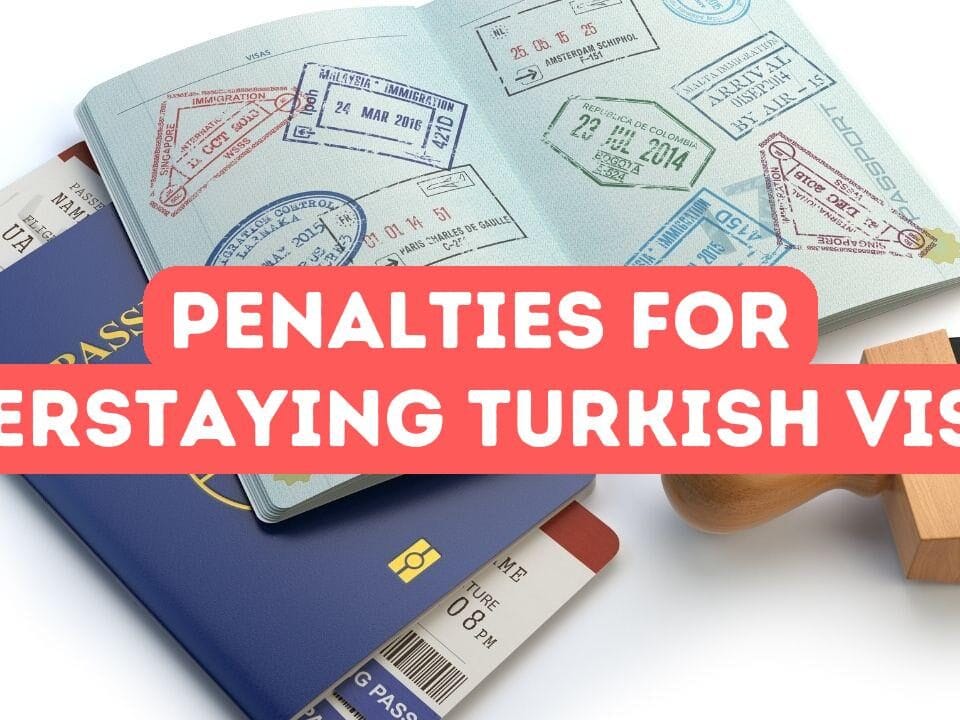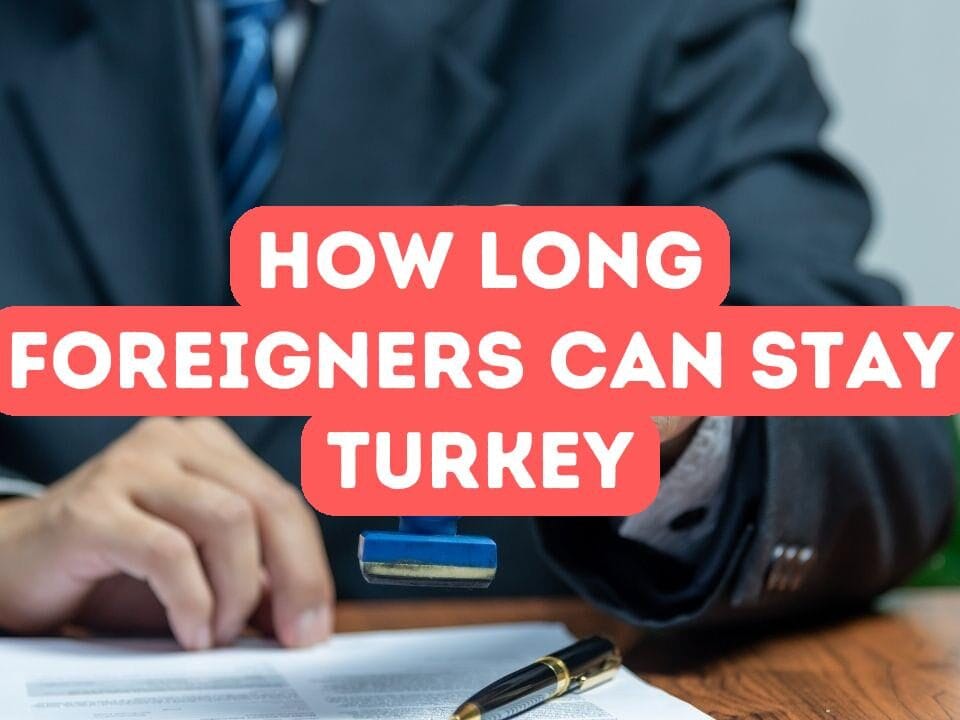How to Get Turkish Work Permit
Obtaining a Turkish work permit is a pivotal step for foreigners looking to professionalize their skills and contributions within Turkey’s vibrant economy. At Turkey Residence Agency, we understand that navigating the complexities of the Turkish work permit process can be overwhelming. From securing the right documentation to understanding the legal requirements, it’s essential to have reliable information and expert guidance. This blog post aims to demystify the entire process, offering a clear and concise guide that will help you every step of the way. Whether you’re an individual seeking employment opportunities or a business planning to hire foreign talent, we’re here to provide comprehensive support to ensure a successful application.
Eligibility Criteria for Turkish Work Permit
To be eligible for a Turkish work permit, foreigners must first have a valid job offer or employment contract from an employer in Turkey. The employer must be registered with the Turkish authorities and demonstrate that the position could not be filled by a local applicant. Additionally, the applicant must have the necessary qualifications, experience, and skills relevant to the job. It’s also mandatory for the employer to meet certain requirements, such as maintaining a certain ratio of Turkish to foreign employees in their workforce. Both the employer and the foreign applicant must comply with these criteria to successfully proceed with the work permit application.
Another crucial eligibility criterion involves the applicant’s educational and professional background. Generally, applicants are required to have a minimum level of education, such as a bachelor’s degree, in a field related to the job they are applying for. In some cases, especially for specialized roles, the applicant might need to present degrees, certificates, or other formal qualifications that attest to their suitability for the position. Additionally, prior work experience in the relevant field can significantly enhance the applicant’s chances of approval. These stipulations are in place to ensure that foreign workers contribute effectively to the Turkish job market and possess the skills necessary to perform their duties competently.
One of the additional requirements for obtaining a Turkish work permit involves proving the applicant’s ability to financially sustain themselves while in Turkey. This entails presenting bank statements or proof of income to demonstrate that the applicant can cover living expenses during their stay. Health insurance is another mandatory criterion, ensuring that the applicant has access to medical services while residing in Turkey. Furthermore, specific industries may impose additional prerequisites, such as background checks or health screenings, depending on the nature of the job. Ensuring all these conditions are met not only facilitates the work permit application process but also helps maintain a structured and secure work environment for foreigners in Turkey.
Step-by-Step Application Process for a Turkish Work Permit
The first step in applying for a Turkish work permit involves securing a job offer from a Turkish employer. This is a crucial requirement, as the employer will act as your sponsor throughout the application process. Once an offer is extended and accepted, the employer must register the employee on Turkey’s Ministry of Labor and Social Security portal. This registration is typically done within 30 days of the job offer and is essential for proceeding with the visa application. For those currently outside of Turkey, the process begins with submitting a work visa application at a Turkish consulate in your home country, alongside the necessary documentation provided by your prospective employer.
Once your job offer is registered on the Ministry’s portal, the employer must submit an electronic work permit application within ten business days. This application includes detailed information about the employer and the foreign employee, such as job title, salary, and employment contract. Alongside this, various supporting documents need to be uploaded, including the company’s current activity report, balance sheet, and profit/loss statement. Verification of these details ensures the company’s legitimacy and operational status. Upon completion of the electronic submission, both the employer and employee will need to monitor the Ministry’s feedback and provide any additional documentation or clarification promptly to avoid delays in the processing time.
Once your application is submitted, it will be reviewed by the Ministry of Labor and Social Security, a process that typically takes around 30 days. During this period, the Ministry will assess the application against several criteria, including the necessity of hiring a foreign employee for the specific role and the qualifications presented. If the application is approved, the employee will receive a notification, and the work permit will be issued. It’s crucial for the permit holder to enter Turkey within six months from the issuance date, as the permit becomes valid upon entry. Subsequently, the employee must register with the local police department within 30 days and obtain a residence permit, which complements the work permit. Additionally, ongoing compliance with local employment laws and renewal procedures, usually on an annual basis, is essential to maintain the validity of the work permit.
Post-Approval Responsibilities and Rights
Once your Turkish work permit is approved, there are several responsibilities and rights that you, as a permit holder, need to be aware of. Firstly, it’s imperative to comply with Turkish labor laws and regulations, including adhering to the terms specified in your employment contract. You are entitled to the same labor rights as Turkish citizens, which encompass fair wages, working hours, and safe working conditions. Additionally, your employer is obligated to ensure that your work conditions meet Turkish legal standards, including social security contributions and health insurance. On the rights front, a valid work permit allows you to access various public services and contribute to the Turkish economy, thereby fostering a reciprocal relationship between you and your host country.
Renewal and extension of your work permit are crucial aspects to keep in mind. Turkish work permits are typically issued for a one-year period initially, after which you will need to apply for a renewal if you wish to continue working in Turkey. It is important to start the renewal process at least 60 days before your current permit expires to avoid any legal complications or interruptions in your employment. Subsequent renewals may extend the permit’s validity up to two or three years, depending on your continued employment and adherence to Turkish regulations. During this process, maintaining accurate and up-to-date documentation is essential, as any discrepancies can lead to delays or rejections. Furthermore, any changes in your employment status, such as a job change or termination, must be promptly reported to the relevant authorities to ensure compliance with Turkish immigration laws.
In addition to these responsibilities and administrative tasks, it’s essential to be aware of the penalties associated with non-compliance. Violating the terms of your work permit or failing to adhere to Turkish labor laws can result in fines, legal action, or even deportation. Employers also face stringent penalties if found in violation of immigration and labor regulations, including hefty fines and restrictions on their ability to hire foreign workers in the future. Therefore, it is in the best interest of both employees and employers to stay informed and compliant. By maintaining a proactive approach to meeting your legal obligations and keeping abreast of any changes in Turkish labor and immigration policies, you can ensure a stable and legal stay in Turkey, thereby making the most of your professional opportunities in this dynamic country.






